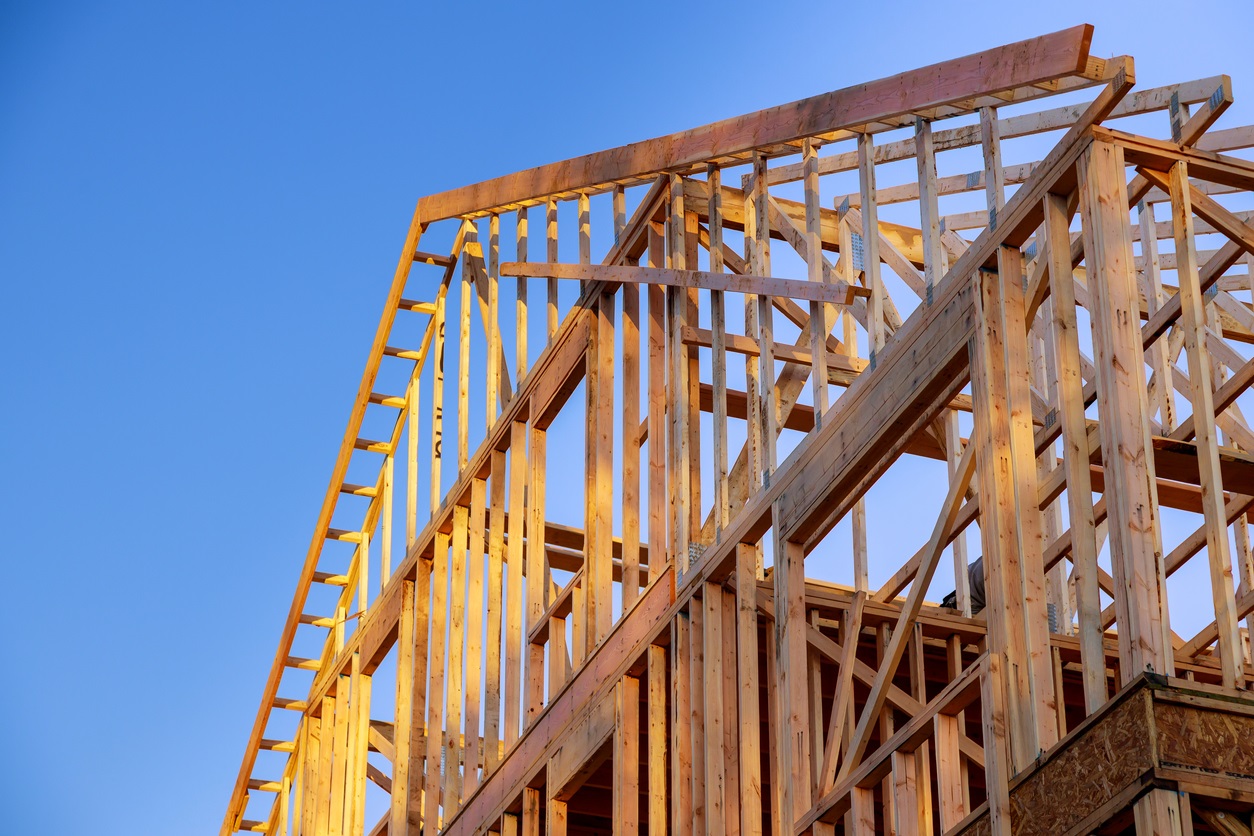To ensure a just transition from fossil fuels in Washington, the Sierra Club and our partners are working to ensure that access to affordable housing and safe and sustainable energy are available to everyone.
As Washington's electric grid is increasingly powered by clean, renewable energy, it also needs to address the fastest growing source of pollution in the state: Buildings.
That's why there is a growing movement toward electrifying buildings by transitioning away from fossil fueled appliances like gas furnaces, stoves, and water heaters. Washingtonians can take action now by sending a comment to the State Building Code Council.
Here are just a few reasons why our activism for clean buildings (sometimes called "electrification'') is so important:
- Electric appliances improve indoor air quality: Research continues to show why gas is a major public health issue. According to a recent Stanford study, running a gas stove for just a few minutes can create indoor air pollution levels that exceed federal standards for outdoor air. Pollutants like nitrous oxide, carbon monoxide, and volatile organic compounds go airborne and can damage our lungs, brains, and hearts. These pollutants are especially dangerous for children. New electric appliances are both efficient and don't pollute our air indoors.
- Gas pollution affects some communities more than others: Low income communities and communities of color are more likely to be near dangerous sources of gas pollution and to have worse ventilation in their homes, meaning they face air pollution both inside and outside of their homes. Many people who rent their apartments or homes also don't have a choice about their appliances or utility bills, making them more vulnerable to pollution. Clean building codes must also promote affordability and accessibility.
- Cutting gas out of buildings helps the climate: Washington has ambitious goals to reduce climate pollution, but is still reliant on gas to power our communities. Methane (the main component of natural gas) is 87 times more powerful than carbon dioxide and is the fastest growing source of climate pollution across the country. The vast majority of gas in the U.S. also comes from hydraulic fracking, which pollutes water, contaminates public lands, and endangers nearby communities. By reducing the demand for gas, we can help reduce pollution in communities all over the country.
- Clean buildings save money and are more sustainable: On average, a newly built building will be used for 50 years. All-electric construction saves money by avoiding the cost of installing gas pipes and by preparing for a future where gas pieces are more volatile and expensive. One analysis finds that an all-electric home construction in Seattle saves $4,300 over 15 years on average.
So here's our opportunity: The Washington State Building Code Council is considering the adoption of a stronger commercial and large multifamily building energy code. By updating the building code, Washington will be one step closer to achieving zero-carbon buildings by 2031 and reducing pollution in our communities. We only have an opportunity to influence this process once every three years, so it's critical Washingtonians raise their voice to support clean buildings.
